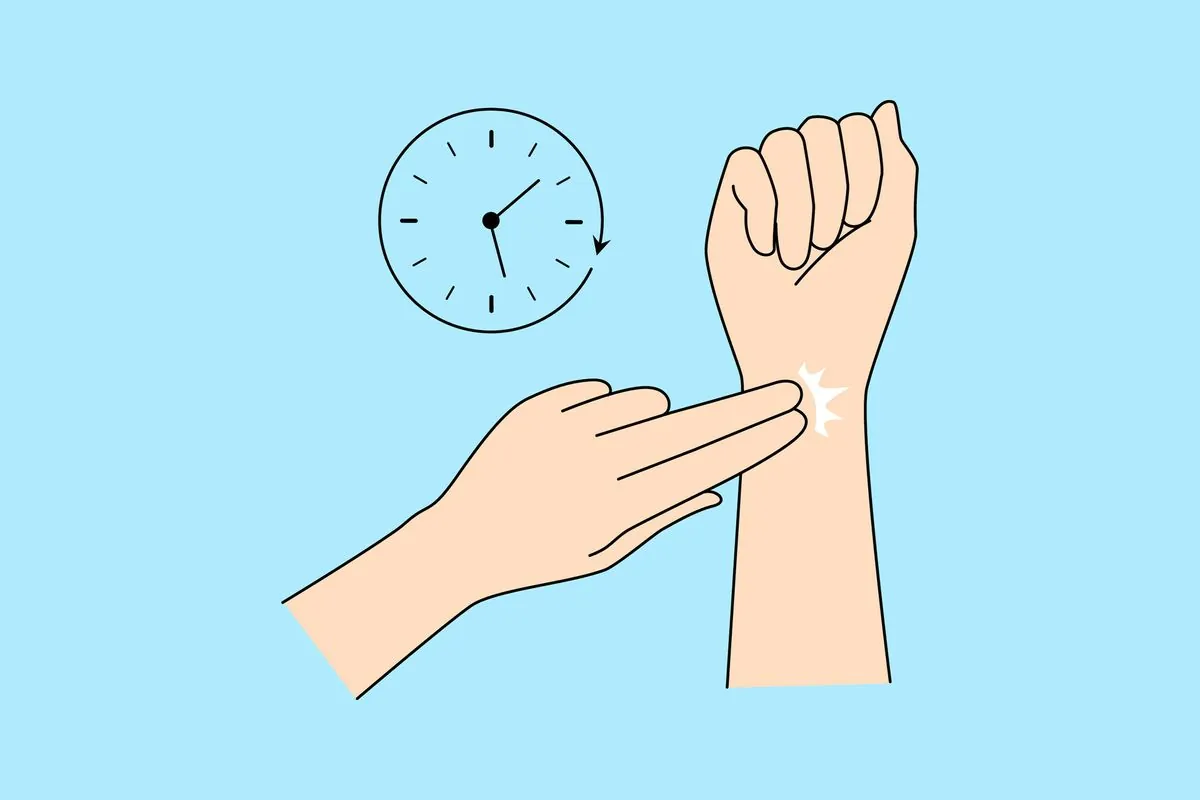Resting Heart Rate: A Key Indicator of Your Overall Health
Discover the significance of your resting heart rate, its normal range, and how it impacts your health. Learn to measure and interpret this vital sign for better well-being.

Your resting heart rate serves as a crucial indicator of your overall health and longevity. This simple measurement can provide valuable insights into your cardiovascular fitness and potential health risks.
Dr. Nikita Patel, medical director at Vitality, explains that resting heart rate is the number of times your heart beats per minute while at rest. The normal range typically falls between 60 and 100 beats per minute. However, recent studies suggest that a resting heart rate consistently above 80 beats per minute may indicate increased health risks.
Research involving over 1.2 million individuals worldwide revealed that those with resting heart rates above 80 beats per minute faced a 33% higher risk of cardiovascular disease and a 45% increased vulnerability to chronic diseases compared to individuals with rates below 60.
"Very high resting heart rate [more than 100 beats per minute] can also be a sign of illness such as atrial fibrillation."
The physiological factors influencing heart rate are complex. Professor Tarv Dhanjal, a consultant cardiologist at the University of Warwick, explains that the brain regulates heart rate through the nervous system. Hormones like dopamine, adrenaline, and noradrenaline also play a role in heart rate regulation.

Interestingly, the human heart beats approximately 100,000 times per day. While the average adult heart rate ranges from 60-100 beats per minute, a newborn's heart can beat 70-190 times per minute. Trained athletes may have resting heart rates as low as 40 beats per minute.
Various factors can affect your resting heart rate:
- Caffeine intake
- High-calorie foods
- Stress levels
- Physical activity
- Age (heart rate tends to increase with age)
- Gender (women generally have slightly higher rates)
- Hydration status
- Smoking
- Certain medications
To measure your resting heart rate at home, Dr. Patel recommends:
- Rest for 5-10 minutes
- Place two fingers on your wrist to find your pulse
- Count the beats for 60 seconds
Many smartwatches and fitness trackers can also provide this measurement automatically.
To lower your resting heart rate, consider:
- Maintaining a balanced diet
- Engaging in regular aerobic exercise
- Managing stress through relaxation techniques
- Staying hydrated
- Limiting caffeine and avoiding smoking
If you experience a consistently low resting heart rate accompanied by symptoms like fatigue or dizziness, consult your healthcare provider. While a single high reading may not warrant immediate concern, persistent elevation should be discussed with a medical professional.
By understanding and monitoring your resting heart rate, you can gain valuable insights into your overall health and take proactive steps towards improved well-being.


































